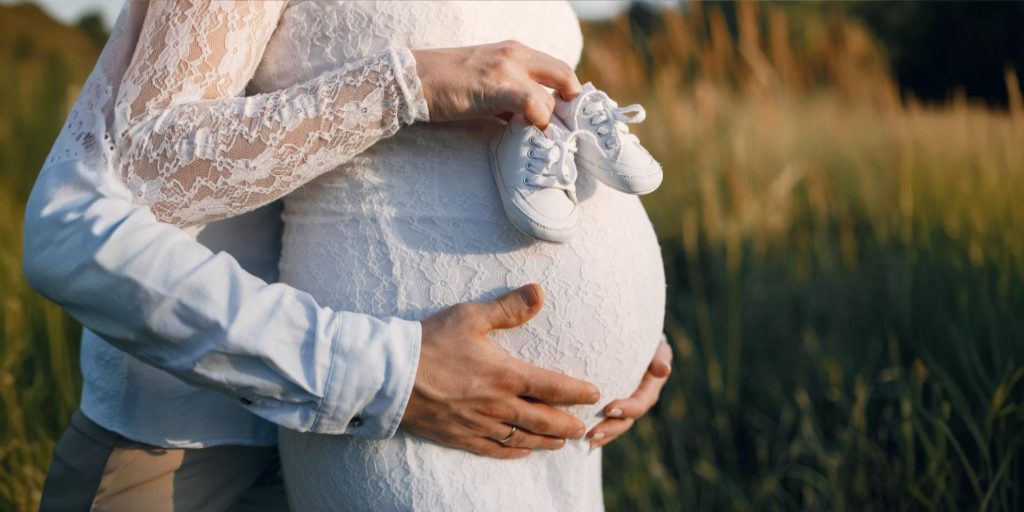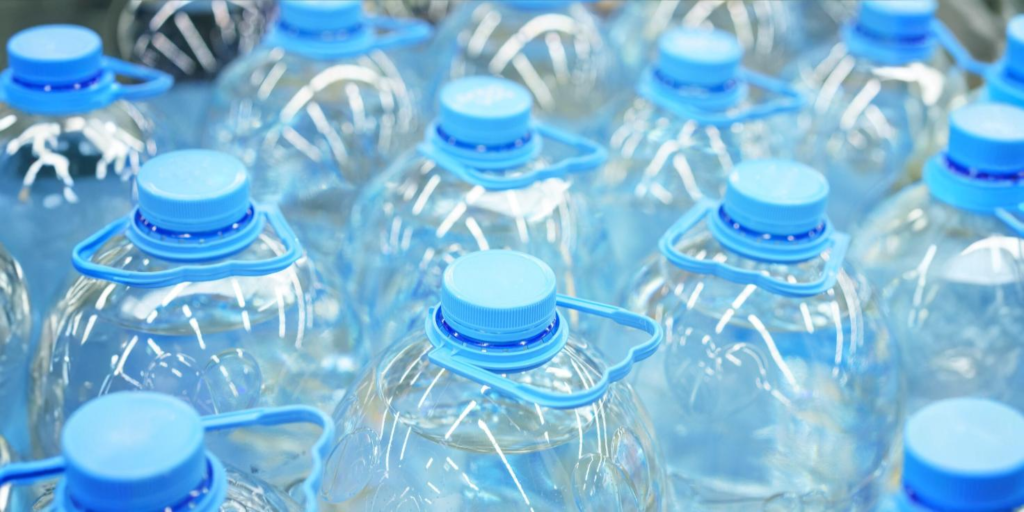Latest
Tags
FACT CHECK: Does Ivermectin harm reproductive health? What studies actually show
A viral video claims Ivermectin is a "violent fertility toxin"—but does science back it up?
Author
Author
- admin / 20 hours

- 0
- 3 min read

CLAIM: Ivermectin reduces the ability to conceive and grow babies, causing infertility
FACT: Misleading. Ivermectin’s safety during pregnancy remains inconclusive
An Instagram channel @simone.gisondi with a following of 275,000 has recently posted an old video of a British anti-vaccine activist and an ex-Pfizer scientist Dr Mike Yeadon where he terms Ivermectin, an antiparasitic drug, as "one of the most violent fertility toxins."
The video has garnered 6 lakh 54 thousand views and more than 5 thousand likes.
It has also appeared on X (formerly twitter) with the caption "Dr Mike Bombshell" on August 21. 2024, garnering 4 lakh 23 thousand views.
First Check found that the video was clipped from a speech he gave at an event in London on June 28, 2024. The event, hosted by Jame Delingpole, a British journalist on his podcast Delingpod LIVE , has 11,000 views.

"Ivermectin is one of the most violent fertility toxins that I've ever come across —------and in some limited studies in humans it reduces the ability to conceive and grow babies to term," Dr Mike says in the video
So, what’s the fact?
First Check reached out to Dr Shakeel Ur Rahman, General Secretary of Indian Doctors for Peace and Development (IDPD) who said he has never come across any study about Ivermectin ‘s role in infertility.
"Ivermectin is an anti-parasitic drug. It's not something we prescribe casually, but it's incredibly effective for specific parasitic conditions,” Rehman said. “During the pandemic, it was tried as a cure for COVID-19 too. Uttar Pradesh was a prominent state that implemented this, so did Bihar. When it did not show any promising results, it was discontinued”.
Dr Divya Vohora, Professor of Pharmacology at Jamia Hamdard, New Delhi, said that the available data were insufficient to definitively support ivermectin's safety during pregnancy.
She cited research that tested ivermectin on 893 pregnant women across six African nations between 1990 and 2008, analyzing 899 pregnancy outcomes. The key conclusion didn’t support the drug’s safety during pregnancy.
“As a result, the researchers recommended excluding pregnant women from mass drug administration programs until more comprehensive research could be conducted,” Dr Vohora said. “Regarding male fertility, while several animal studies showed potential impacts on sperm count and morphology in rats, the researchers noted "there are no definitive reports that suggest male infertility is associated with ivermectin in humans."
Also, use of ivermectin in Mass Drug Administration (MDA) programs doesn’t necessarily testify to it's safety during pregnancy. About 3.7 billion doses of ivermectin have been distributed in MDA campaigns globally over the past 30 years.
“In a study in Ghana, during an MDA of ivermectin and albendazole, 14.6% of pregnant women were inadvertently treated. This represented 1.7% of women of childbearing age (15−49 years). It has been estimated that up to 50% of women in the first trimester of pregnancy in onchocerciasis endemic areas of Africa may have received ivermectin,” the study explains.
But it too concludes that “currently it is not indicated to use ivermectin during pregnancy because insufficient safety data are available concerning its use during pregnancy in humans.”
Also read: FACT CHECK: Can swallowing papaya seeds prevent pregnancy - First Check
(Do you have a health-related claim that you would like us to fact-check? Send it to us, and we will fact-check it for you! You can send it on WhatsApp at +91-9311223141, mail us at hello@firstcheck.in, or click here to submit it online)










